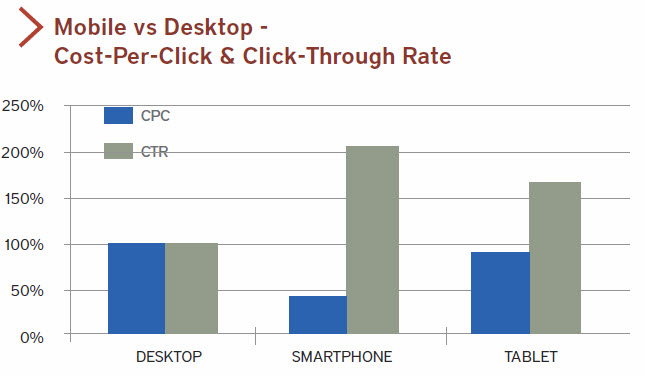Was watching Terry Smith video where he plans to invest in just 20 "TOP" World companys. I thought about it last night, which would you pick?
Well, i thought it must be able to not have two kids in bed room wipe them out over night by coiming up with a better website...so no facebook.....it must not MEGA pension debts hanging over them (British Telecom)...& as Terry sez "Could be run by a fool".
Mega choice:-
Mircosoft
Coke a cola
Johnson & Johnson
Vodafone
Total
...................and i run out of ideas.
Yours?
Mike
Well, i thought it must be able to not have two kids in bed room wipe them out over night by coiming up with a better website...so no facebook.....it must not MEGA pension debts hanging over them (British Telecom)...& as Terry sez "Could be run by a fool".
Mega choice:-
Mircosoft
Coke a cola
Johnson & Johnson
Vodafone
Total
...................and i run out of ideas.
Yours?
Mike





Comment